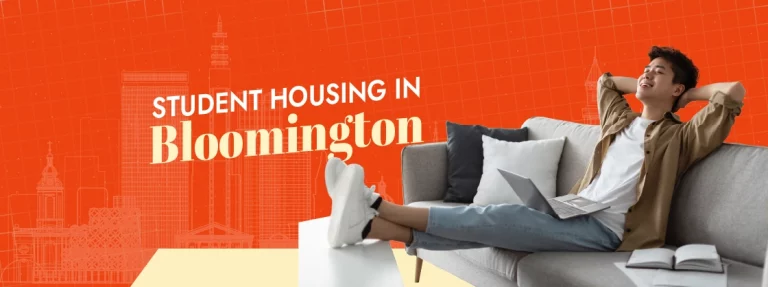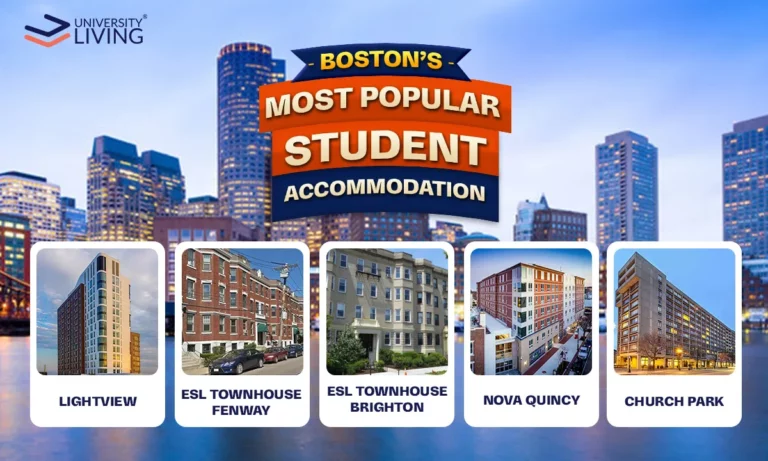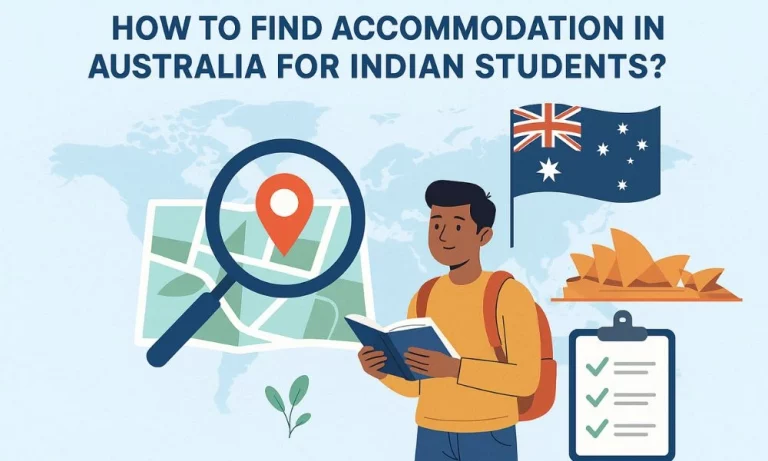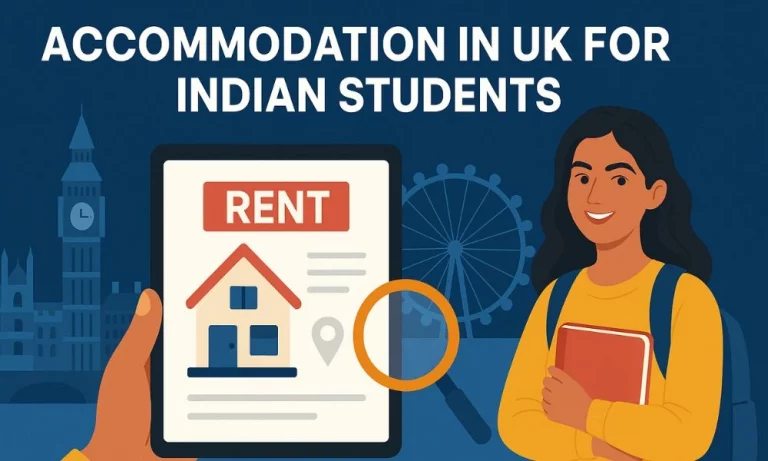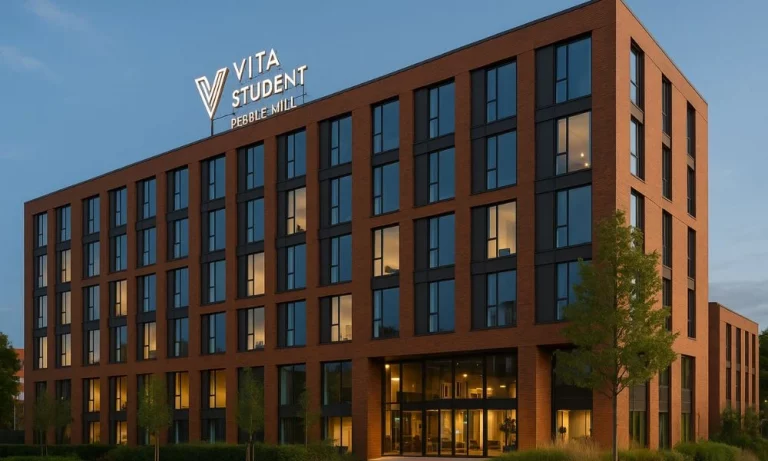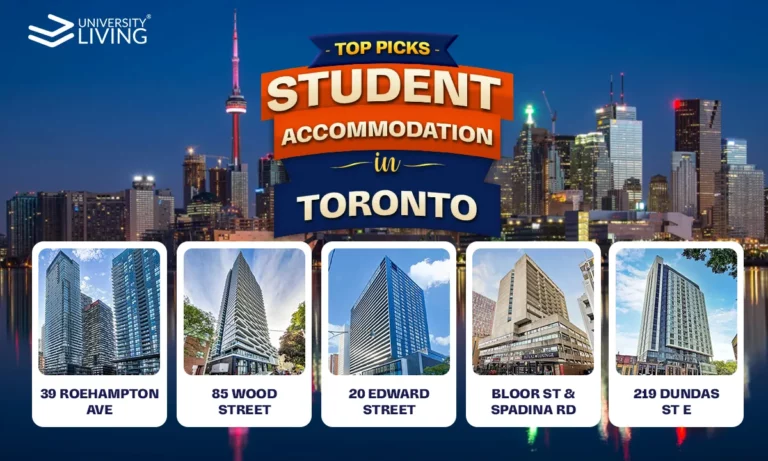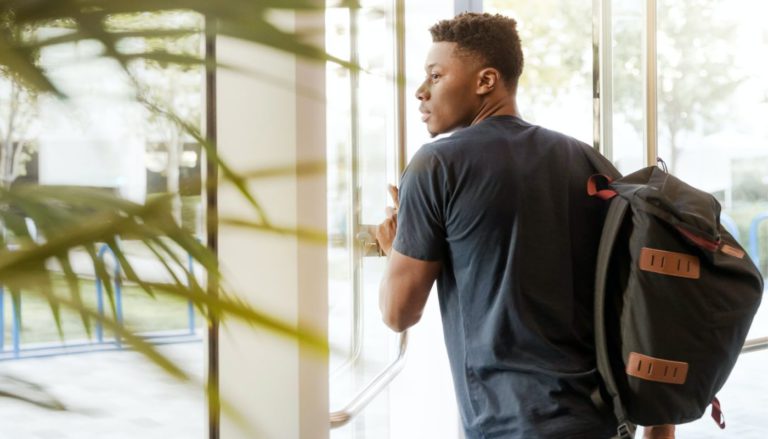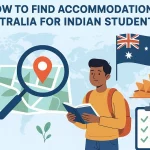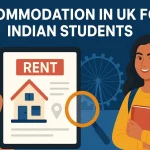Table of Contents
Renting student accommodation can be a challenging process. It’s one of those things that students don’t typically find exciting— for obvious reasons. Many see finding the right student property as a long, tedious task with countless factors to consider. Add to that the budget and location considerations, and it can feel overwhelming. And even when everything seems to go according to plan, the lease agreement often complicates matters. To help students make smarter choices and select the best accommodation, we’ll discuss the top 7 tips for leasing student housing wisely.
1. Your Budget Matters
Budgeting is essential when renting student accommodation. It starts by establishing how much you can afford based on your financial situation. Look beyond just rent—factor in costs for utilities (gas, electricity, water), Wi-Fi, transportation, and any other monthly expenses. Many students make the mistake of focusing solely on the rent without accounting for these additional costs, which can add up quickly.
Helpful Tips:
- Use a budgeting tool or cost-of-living calculator to estimate how much you’ll need each month.
- Don’t forget about security deposits, which are often refundable but can still affect your upfront costs.
- If you’re living abroad, consider exchange rates and international bank fees.
Quick Read: Room for Rent? Essential Tips Every Student Must Know
Quick Read: Top 10 Tips to Find Student Rooms for Rent
2. Consider Your Options
When you start your search, you’ll get to learn about different types of student accommodation, each with their pros and cons. There are university dorms, shared apartments, private rentals, PBSAs, homestays, and other housing options. Each of these comes with different costs, levels of independence, and community aspects.
Helpful Tips:
- University Dorms are convenient but may be more expensive than off-campus options and often have strict rules.
- Shared Apartments offer more flexibility and potentially lower rent but require you to share space with roommates.
- Private Rentals provide independence but come with the responsibility of managing everything yourself, including finding flatmates, if necessary.
- Research accommodation listings and talk to current students for recommendations.
3. Check the Location
The location of your accommodation significantly impacts your university experience. Choose somewhere that’s convenient for attending classes, accessing public transport, and near amenities like grocery stores, healthcare services, and entertainment options.
Helpful Tips:
- Proximity to Campus: How far is the accommodation from your university? Long commutes can be tiring and costly.
- Public Transport Access: If you’re not within walking distance of your university, make sure you have easy access to buses, trains, or subways.
- Neighborhood Safety: Research the area for safety, especially if you’ll be arriving in a new city or country. Student forums and online resources can help you gauge the safety of a neighborhood.
4. Review the Security Deposit
The security deposit is typically paid upfront and serves as protection for the landlord in case of damage or unpaid rent. It’s important to know the terms regarding this deposit and how it can be refunded when you move out.
Helpful Tips:
- Deposit Amount: Usually, a security deposit is one to two months’ rent. Be sure to confirm this before signing anything.
- Return Conditions: Know what conditions need to be met for the full return of your deposit. Clean the space thoroughly and take photos of any pre-existing damage when you move in.
- Dispute Process: Understand how disputes over the deposit will be handled, in case you disagree with the landlord’s claims when you move out.
5. Know Your Rights and Responsibilities
When renting accommodation, it’s crucial to understand both your rights as a tenant and your responsibilities. These can vary by country and region, so do some research into tenant laws in your area.
Helpful Tips:
- Tenant Rights: In many countries, including the USA and UK, tenants are entitled to certain rights, such as protection from unfair eviction and the right to privacy. Know what rights you have regarding repairs, maintenance, and lease termination.
- Maintenance Responsibilities: Understand who is responsible for maintaining the property. For example, landlords often handle major repairs, but tenants may need to take care of smaller issues.
- Rent Payment Rules: Be clear on when rent is due and the consequences of late payments. Many leases offer a grace period, but others might impose fines or penalties.
6. Time for Inspection
Before signing the lease, make sure to inspect the property thoroughly. This is a key step in ensuring the place is in good condition and that you’re not signing up for any hidden issues that could cause problems later.
Helpful Tips:
- Property Condition: Check for any damage, like broken appliances, leaks, or mold. Document these issues with photos to avoid being charged for them when you leave.
- Security and Safety Features: Ensure there are working locks on windows and doors, smoke detectors, and any required safety equipment. If you’re renting an apartment, check that the building’s security measures are adequate.
- Fixtures and Appliances: Test all appliances (e.g., oven, fridge, laundry machines) to ensure they work properly.
7. Understand the Termination Policy
Knowing the lease termination terms is crucial in case your plans change, whether due to academic or personal reasons. Terminating a lease early can be expensive or complicated, so make sure you understand the procedure and any penalties.
Helpful Tips:
- Notice Period: Most leases require you to give notice before leaving—typically 30 days. If you plan to move out early, know how much notice is required and if there are penalties.
- Subletting or Lease Transfer: Some leases allow subletting or transferring the lease to another person, which can provide flexibility if you need to leave early.
- Early Termination Fees: Check if there are any fees associated with breaking the lease early. In some cases, the landlord may charge a penalty or require you to pay the remaining rent.
Conclusion
All these seven steps will help students make informed and confident decisions when renting accommodation. It ensures students find a place that suits their needs, budget, and lifestyle, while also protecting themselves from any legal or financial surprises.
[faq id=”15902″]

